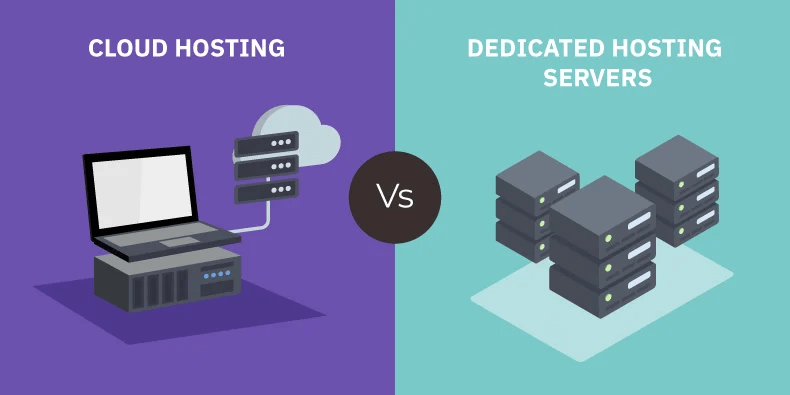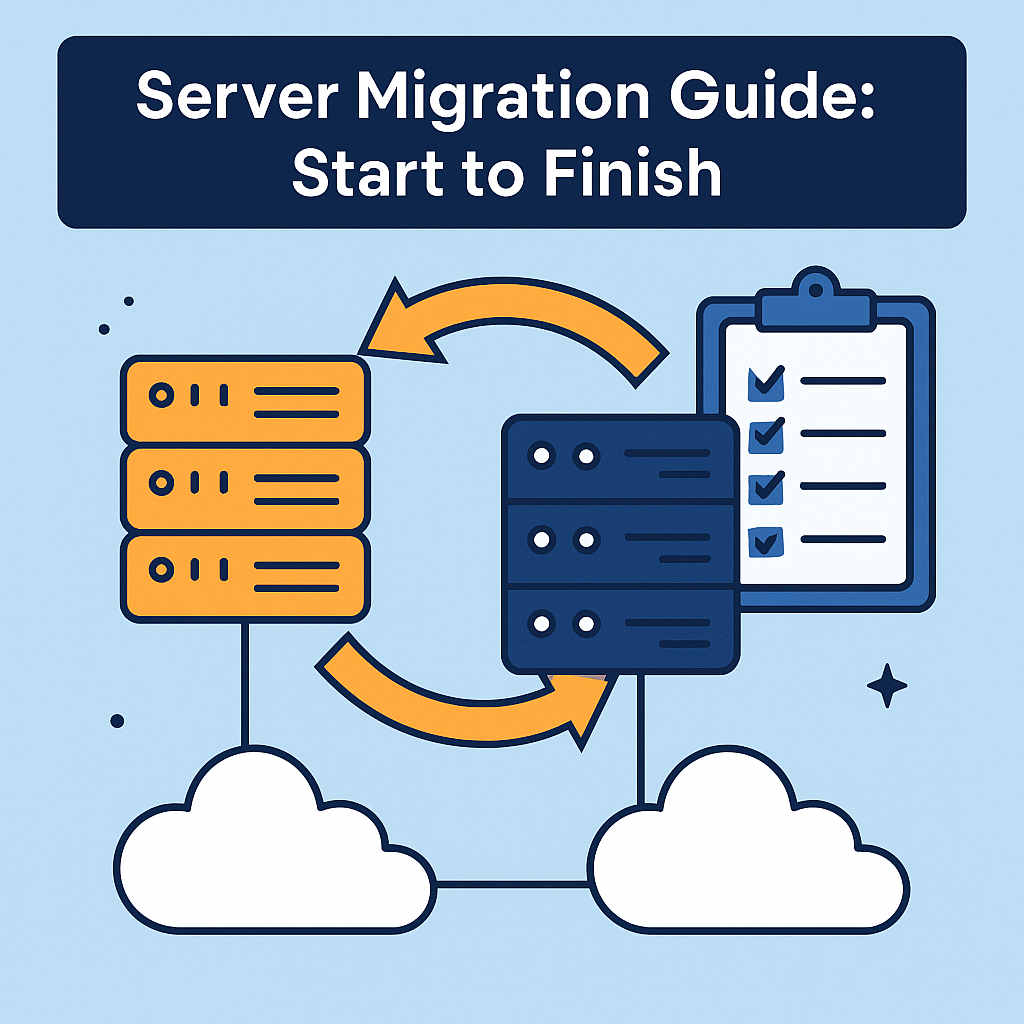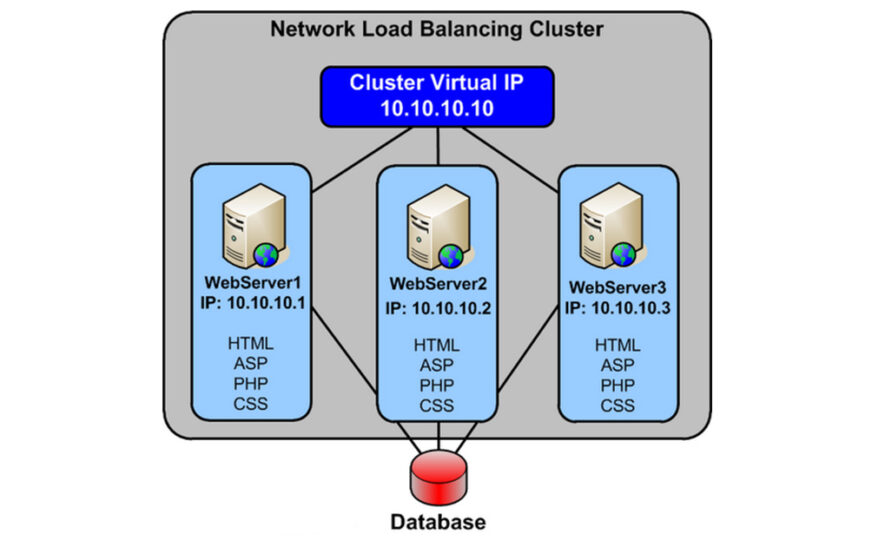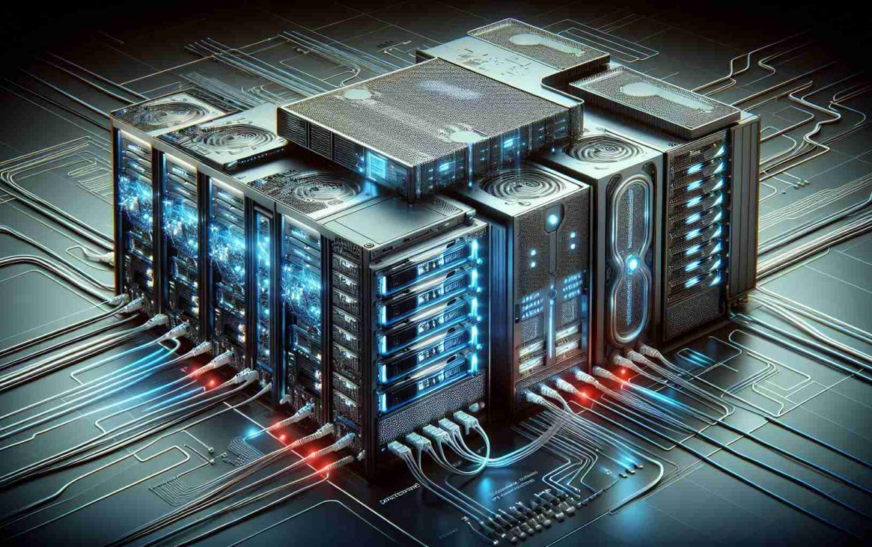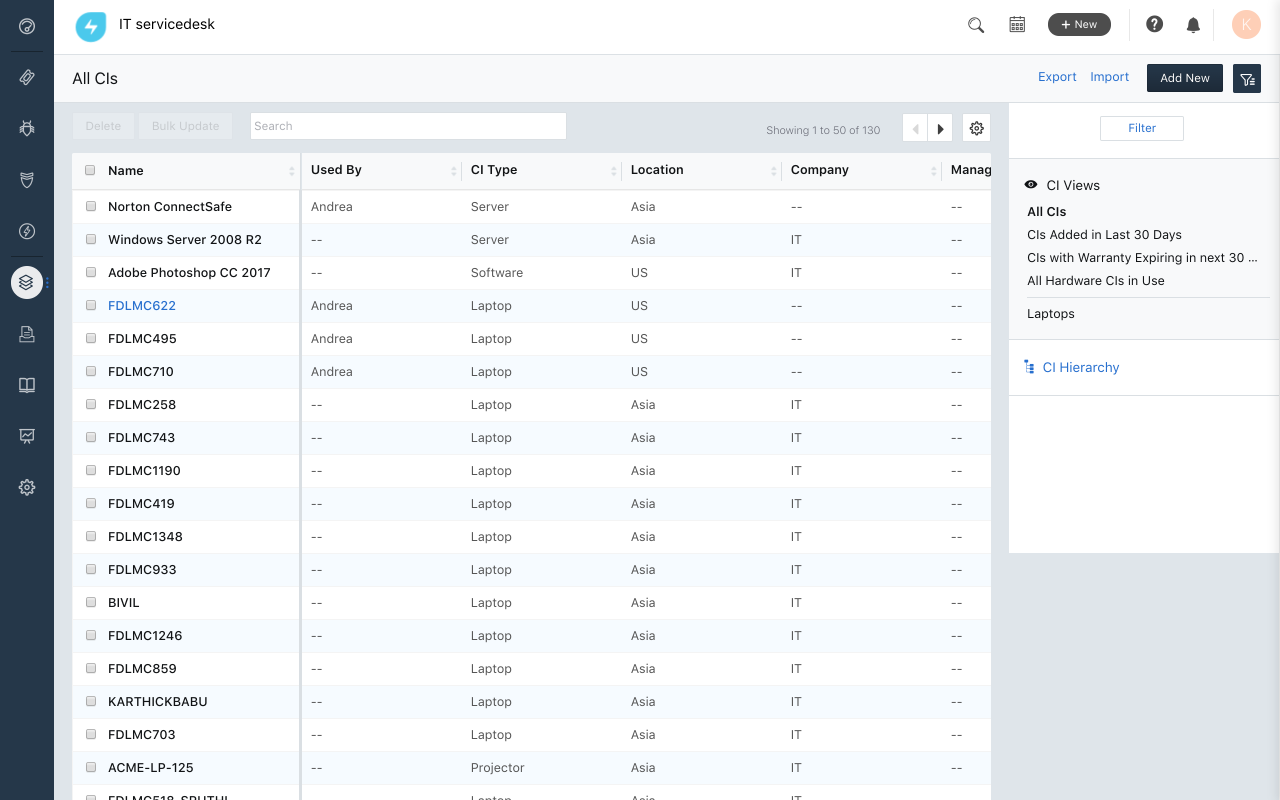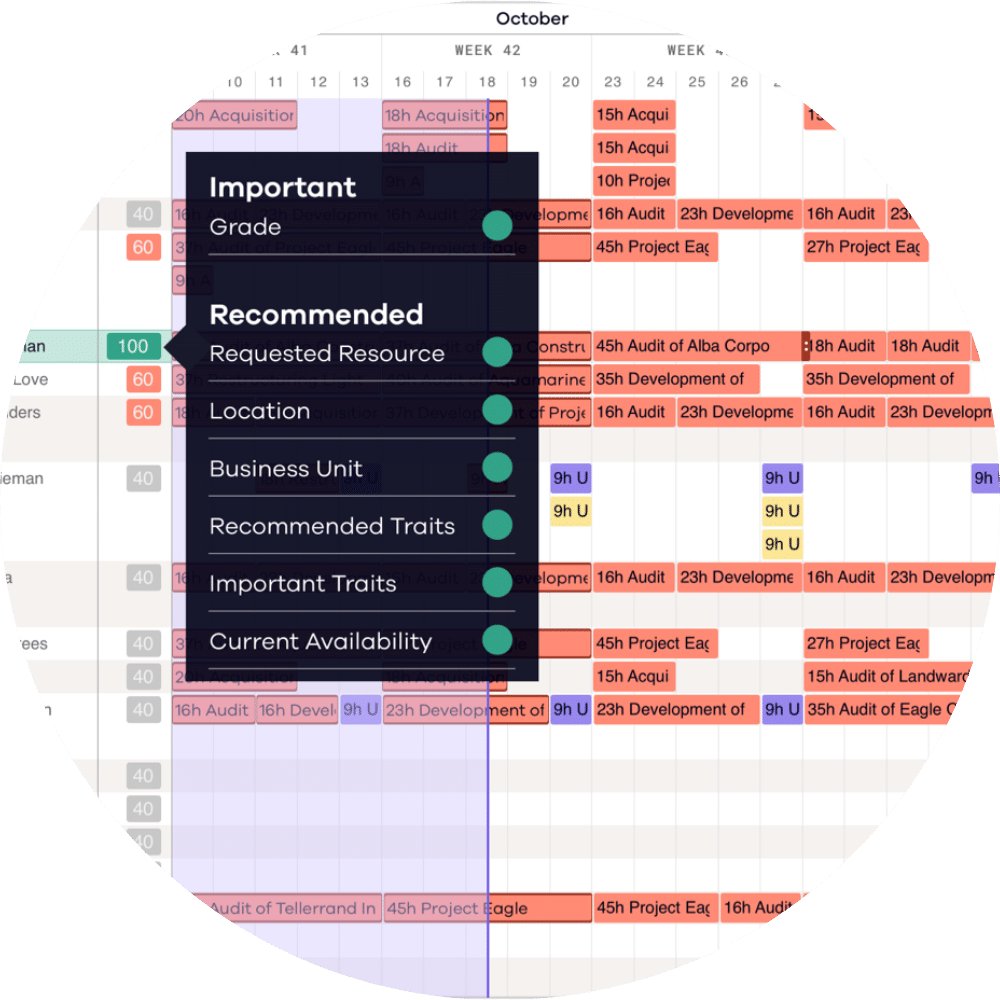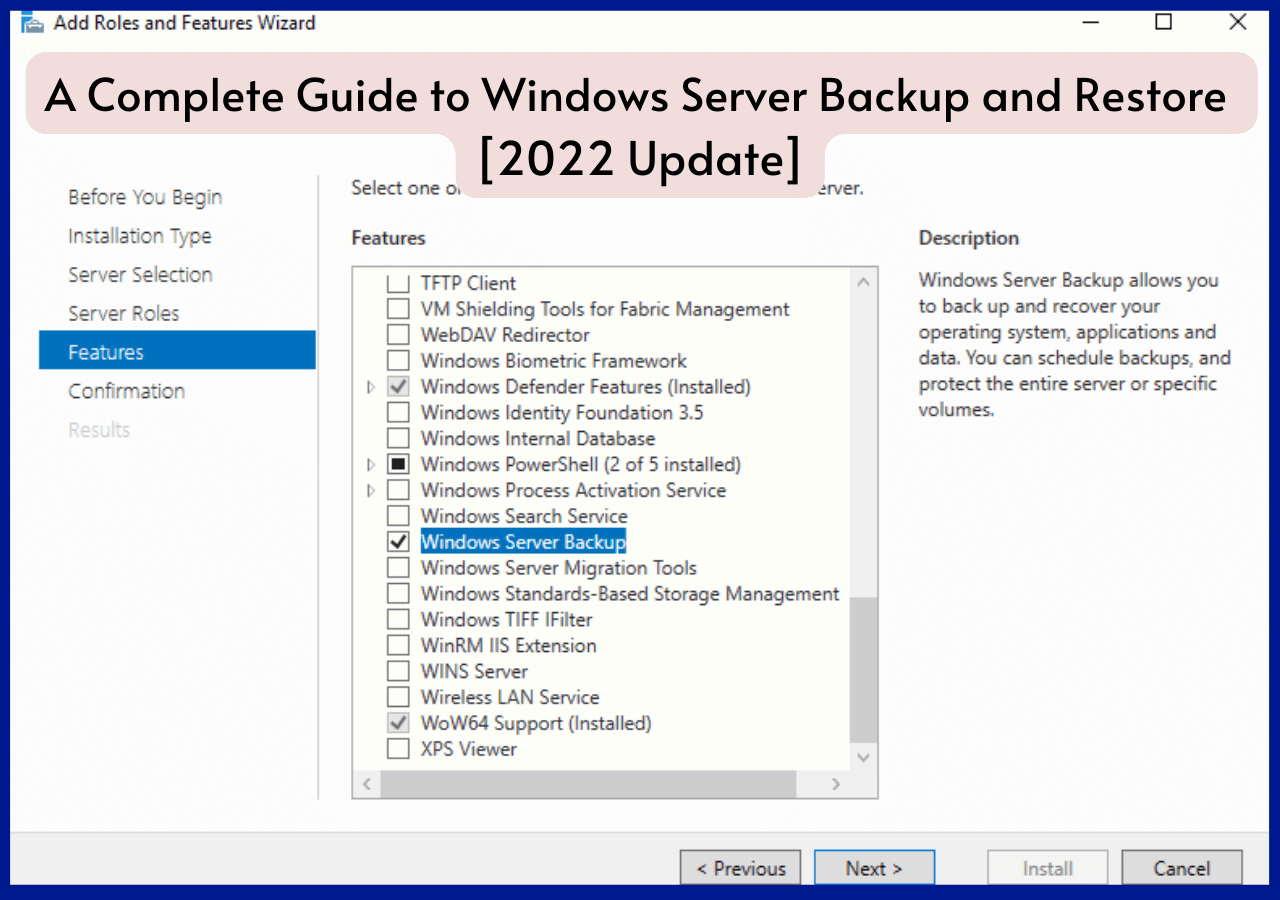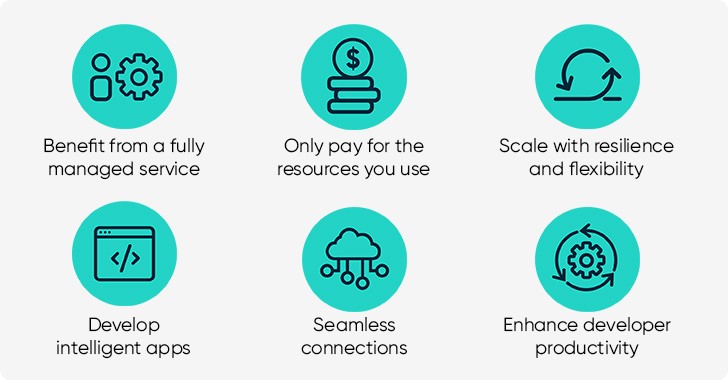The Benefits of Cloud Servers vs. Dedicated Servers – Exploring the advantages of Cloud Servers vs. Dedicated Servers opens up a world of possibilities for businesses and individuals alike. The flexibility, scalability, and cost-effectiveness of cloud servers are pitted against the performance, security, and control benefits of dedicated servers, creating a dynamic comparison that showcases the best of both worlds.
As we delve deeper into the realm of server options, a clearer picture emerges of how each type can impact resource management, reliability, and uptime, ultimately influencing the efficiency and success of any digital operation.
Benefits of Cloud Servers: The Benefits Of Cloud Servers Vs. Dedicated Servers
Cloud servers offer numerous advantages over traditional dedicated servers, making them a popular choice for businesses of all sizes. Let’s delve into some of the key benefits below.
Website speed plays a significant role in user experience and search engine optimization. Digital tools can assist in optimizing your website’s speed through performance testing, image compression, and caching techniques. To discover how to use digital tools effectively to enhance your website speed, read this insightful guide: How to Use Digital Tools to Optimize Your Website Speed.
Scalability Advantages
One of the standout features of cloud servers is their scalability. With cloud servers, you have the ability to easily scale your resources up or down based on your current needs. This flexibility allows you to adapt to changing demands without the need for purchasing additional hardware or dealing with complex server upgrades.
Whether you’re experiencing a sudden spike in traffic or looking to optimize performance during off-peak times, cloud servers offer the scalability needed to support your business growth.
Cost-Effectiveness
Cloud servers are also known for their cost-effectiveness compared to dedicated servers. With cloud servers, you only pay for the resources you actually use, eliminating the need to invest in expensive hardware that may sit idle for extended periods. This pay-as-you-go model helps businesses save money by optimizing resource utilization and avoiding unnecessary upfront costs.
Additionally, the operational expenses associated with managing dedicated servers, such as maintenance and upgrades, are significantly reduced with cloud servers, making them a more budget-friendly option for many organizations.
Flexibility in Resource Allocation
Another key benefit of cloud servers is the flexibility they offer in resource allocation. Cloud platforms allow you to allocate resources dynamically, ensuring that your applications have access to the resources they need when they need them. This dynamic allocation of resources enables you to optimize performance and efficiency, leading to better overall user experience and improved productivity.
Whether you need to quickly add more storage, processing power, or bandwidth, cloud servers give you the flexibility to adjust resources on the fly, providing a seamless and adaptable infrastructure for your business operations.
Benefits of Dedicated Servers
When it comes to dedicated servers, there are several key benefits that make them a preferred choice for many businesses and organizations.
Performance Benefits
Dedicated servers offer unparalleled performance compared to cloud servers. Since the resources of a dedicated server are not shared with other users, you can experience faster load times, better response rates, and overall improved performance for your applications and websites.
Utilizing digital tools is crucial in creating high-quality content. By incorporating tools such as analytics, keyword research, and graphic design software, you can enhance the effectiveness of your content creation process. To learn more about how digital tools can help you create better content, check out this informative article: How Digital Tools Can Help You Create Better Content.
Security Features
- Dedicated servers provide a higher level of security compared to cloud servers. With a dedicated server, you have full control over your security measures, including firewalls, encryption, and access controls. This ensures that your data and sensitive information are better protected from potential threats.
- Additionally, dedicated servers offer enhanced privacy as you are not sharing resources with other users, reducing the risk of security breaches and unauthorized access to your data.
Control and Customization Options
One of the major advantages of dedicated servers is the level of control and customization they offer. With a dedicated server, you have the freedom to configure the server according to your specific requirements, install custom applications, and optimize performance based on your unique needs.
This level of control allows you to tailor the server environment to maximize efficiency and productivity for your business.
Enhancing your PR strategy is essential for building a strong brand presence. Digital tools offer various capabilities, including media monitoring, social media management, and influencer tracking, to improve your PR efforts. To explore how digital tools can elevate your PR strategy and amplify your brand’s voice, visit this comprehensive resource: How Digital Tools Can Improve Your PR Strategy.
Reliability and Uptime
Cloud servers are known for their high reliability and uptime due to their distributed nature. Unlike dedicated servers that rely on a single physical machine, cloud servers are virtualized and can easily switch to another server if one fails, minimizing downtime.
Cloud Servers: High Uptime and Reliability
- Cloud servers are built with redundancy, meaning that if one server fails, another one can immediately take over to ensure continuous service.
- Providers of cloud servers often have data centers in multiple locations, further reducing the risk of downtime due to localized issues.
- Automated failover systems in place ensure that in case of hardware failure, the workload is shifted to a healthy server without any manual intervention.
Potential Downtime Risks with Dedicated Servers
- Dedicated servers are prone to downtime if the physical hardware fails, as there is no automatic failover mechanism like in cloud servers.
- Any maintenance or upgrade work on a dedicated server can lead to downtime, impacting the availability of services.
- In case of a power outage or natural disaster at the data center hosting the dedicated server, there can be extended periods of downtime.
Backup and Disaster Recovery Options
- Cloud servers often come with built-in backup solutions that automatically create copies of data to prevent data loss in case of hardware failure.
- Disaster recovery options for cloud servers include the ability to replicate data across multiple data centers for added redundancy and protection against catastrophic events.
- For dedicated servers, backup and disaster recovery options usually involve manual processes like regular backups to external storage or setting up a secondary server for failover.
Resource Management
Resource management is a crucial aspect when considering the differences between cloud servers and dedicated servers. Let’s delve into how resource allocation and management play out in these two server options.
Resource Allocation in Cloud Servers, The Benefits of Cloud Servers vs. Dedicated Servers
In cloud servers, resources are dynamically allocated based on the current needs of the applications running on the server. This flexibility allows for scaling up or down resources on-demand, ensuring optimal performance and cost-efficiency. Resource pooling is a key feature of cloud servers, where multiple virtual servers share the underlying physical hardware.
This shared resource model enables efficient utilization of resources and helps in avoiding underutilization.
- Cloud servers offer scalability by allowing users to easily adjust resources like CPU, RAM, and storage based on their requirements.
- Resource allocation in cloud servers is automated and can be managed through a centralized dashboard, providing real-time insights into resource usage.
- Dynamic resource allocation ensures that applications can handle sudden spikes in traffic or workload without experiencing downtime.
Impact of Resource Sharing on Performance in Cloud Servers
While resource sharing in cloud servers enhances efficiency and flexibility, it can also lead to performance issues if one virtual server monopolizes the shared resources. This scenario, known as the “noisy neighbor” effect, can impact the performance of other virtual servers on the same physical hardware.
To mitigate this risk, cloud service providers employ resource allocation algorithms to ensure fair distribution of resources among virtual servers.
The key to maintaining optimal performance in cloud servers lies in effective resource monitoring and management to prevent resource contention issues.
Resource Allocation in Dedicated Servers
Dedicated servers, on the other hand, offer exclusive access to all the resources of the physical server. Resource allocation in dedicated servers is static and fixed, meaning that users have full control over how resources are allocated and utilized. This dedicated resource model ensures consistent performance for applications without the risk of resource contention from other users.
- Users of dedicated servers have the freedom to customize resource allocation based on their specific workload requirements.
- Resource management in dedicated servers involves manual configuration of resources such as CPU cores, RAM, and storage capacity.
- Since resources are not shared in dedicated servers, there is no risk of performance impact due to resource contention from neighboring servers.
In conclusion, understanding the benefits of Cloud Servers vs. Dedicated Servers allows for informed decision-making and strategic planning in the realm of digital infrastructure. By leveraging the unique strengths of each server type, businesses can optimize their operations, enhance performance, and stay ahead in today’s fast-paced tech landscape.

